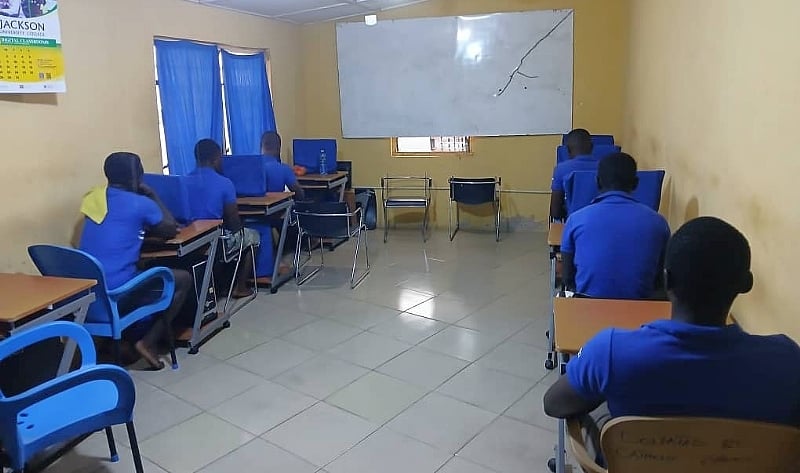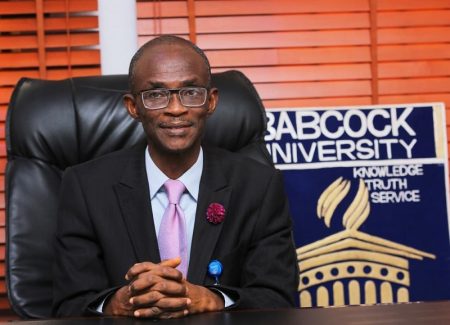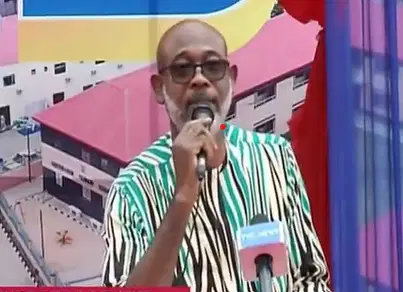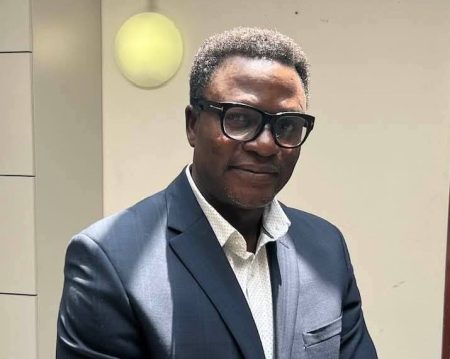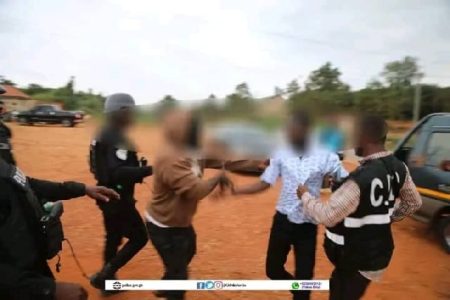The Manhyia Local Prison in Kumasi, Ghana, is witnessing a remarkable transformation within its walls, with nine inmates embarking on a journey of higher education through a virtual Bachelor of Education (B.Ed) program offered by Jackson University College. These inmates, aged between 26 and 39, are pursuing their studies in Basic Education for Upper Primary, demonstrating a commitment to self-improvement and a desire to contribute meaningfully to society upon their release. This initiative underscores the evolving role of correctional facilities, shifting from purely punitive institutions to centers focused on rehabilitation and reintegration. The prison administration recognizes the transformative power of education, viewing it as a crucial tool for empowering inmates and equipping them with the skills and knowledge necessary to lead productive lives after their sentences are served.
However, the path to education within the confines of prison presents significant challenges. The inmates face obstacles such as unreliable internet connectivity, a crucial component for their virtual learning. The limited access to learning resources, including textbooks and other educational materials, further hinders their academic progress. The lack of adequate infrastructure, such as a dedicated classroom space within the prison, also poses a considerable hurdle. These challenges underscore the delicate balance between security concerns and the need to provide a conducive learning environment for inmates seeking to transform their lives through education. The prison authorities, recognizing these limitations, are actively seeking support from philanthropists and educational institutions to improve the learning conditions and expand educational opportunities within the prison.
The Deputy Director of Prisons and Officer-In-Charge of the Manhyia Prisons, Mrs. Hannah Hilda Ewoame, emphasizes the importance of engaging inmates in constructive activities that equip them for life after prison. She views time as a valuable commodity within the prison walls and believes it should be utilized effectively for rehabilitation and personal development. Mrs. Ewoame advocates for a shift in perspective, viewing prisons not simply as places of confinement but as centers for reformation and positive change. She highlights the prison’s commitment to formal education as a key component of the rehabilitation process, recognizing the potential of education to break the cycle of recidivism and empower inmates to become contributing members of society.
The inmates themselves echo the sentiment of the prison administration, viewing education as a beacon of hope and an opportunity to make the most of their time behind bars. One inmate, who has spent eight years incarcerated, expressed his determination to utilize his time constructively and avoid letting it go to waste. He sees education as a lifeline, providing him with a sense of purpose and a pathway to a brighter future. His aspiration to teach in a government school upon his release underscores his commitment to contributing positively to society and making amends for his past mistakes. These aspirations reflect the transformative potential of education and its ability to instill hope and purpose even in the most challenging circumstances.
Despite their determination, the inmates face practical hurdles that impede their academic pursuits. The limited resources available at the ICT lab, including inadequate seating, insufficient computers, and unreliable internet connectivity, create a challenging learning environment. The absence of essential learning materials, such as textbooks and other educational resources, further hinders their progress. The lack of a projector or sound system restricts their ability to fully engage with the virtual lectures, making the learning process more arduous. These limitations underscore the need for increased support from outside organizations and educational institutions to provide the necessary resources and infrastructure to facilitate effective learning within the prison.
The inmates also face restrictions in participating in crucial practical experiences, such as the Supported Teaching in School (STS) program. This program provides student teachers with the opportunity to apply their knowledge in real-world classroom settings, a crucial component of teacher training. The inmates’ inability to participate in the STS program due to their incarceration deprives them of valuable practical experience and hinders their development as future educators. They appeal to the government to implement measures that would allow them to engage in the STS program, emphasizing their need for practical experience to become qualified and effective teachers. They express a willingness to overcome the stigma associated with their incarceration to gain this essential practical training. Additionally, they appeal for financial assistance to purchase academic materials, highlighting the financial constraints they face in accessing essential resources for their studies. They also call on network providers to improve the internet connectivity within the prison, recognizing the crucial role of technology in facilitating their virtual learning experience.
The Manhyia Local Prison, housing 167 male inmates across six cells, faces the challenge of balancing security concerns with the need to provide opportunities for rehabilitation and reintegration. The initiative to provide higher education opportunities for inmates represents a significant step towards transforming the prison into a center for positive change. However, overcoming the logistical challenges, including limited resources and internet connectivity issues, requires collaborative efforts between the prison administration, educational institutions, and philanthropic organizations. Providing adequate learning resources, enhancing internet access, and creating a conducive learning environment within the prison are essential steps towards ensuring the success of this transformative program and empowering inmates to rebuild their lives through education.





